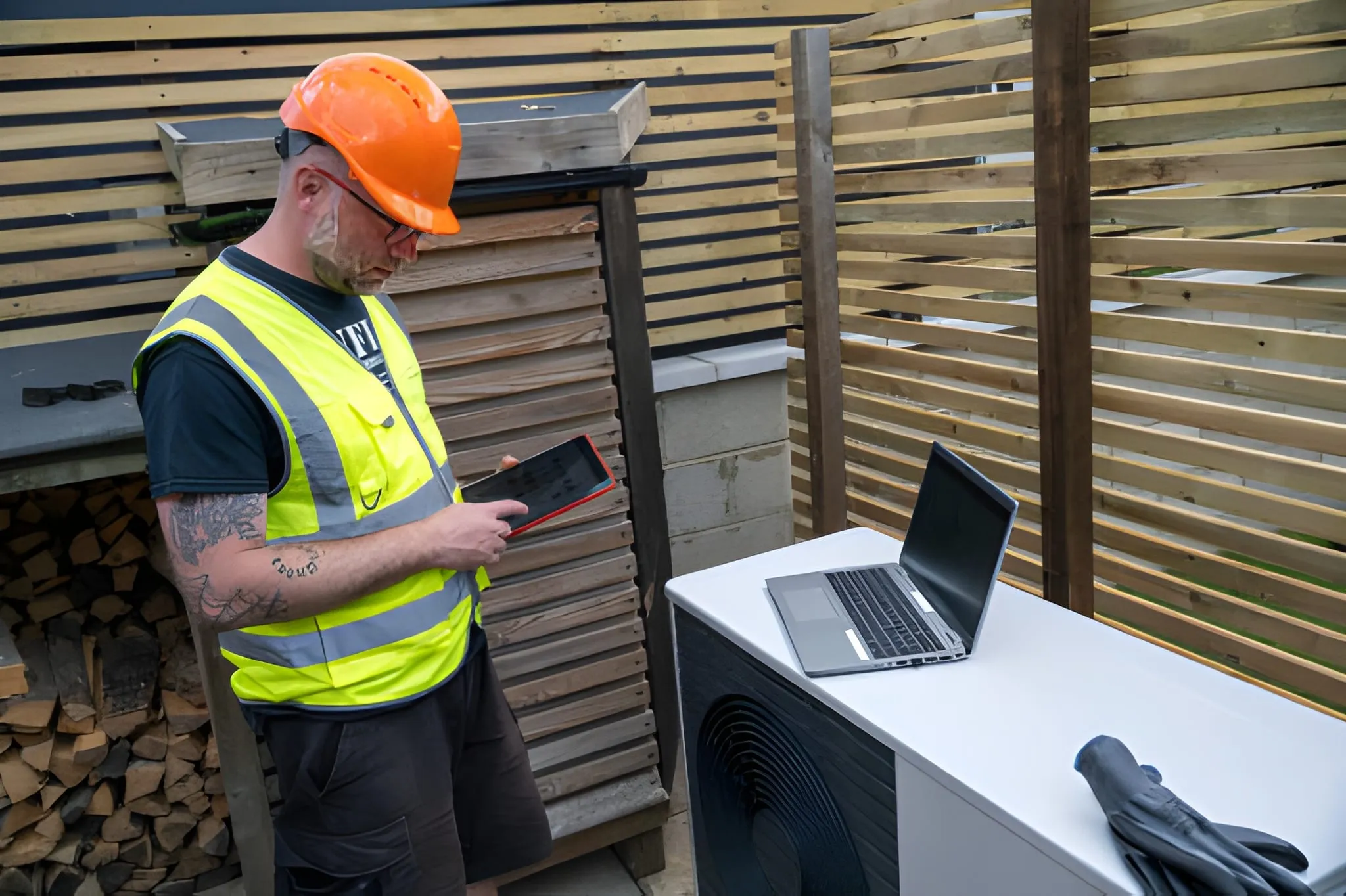Heat Pump Service in North Highlands, CA
Heat pumps are an increasingly popular choice for North Highlands, CA homeowners because they provide efficient cooling in hot summers and reliable heating during cool winter nights. When a heat pump underperforms or fails, families quickly feel the difference—higher energy bills, inconsistent comfort, and potential indoor air quality issues. This page explains comprehensive heat pump services available for North Highlands homes: installation, repair, replacement, seasonal tune-ups, and emergency response. It also describes how experienced technicians diagnose problems, typical response expectations, certifications and guarantees, and practical maintenance guidance tailored to the local climate.
Why heat pump service matters in North Highlands, CA
North Highlands sits in the Sacramento region where summers can be long and hot while winters are generally mild with occasional cold snaps. That climate makes a properly sized and maintained heat pump a cost-effective choice, but it also means units are heavily used and subject to seasonal wear. Common local influences include:
- Extended cooling demand during summer months, increasing compressor and refrigerant wear
- Occasional cold nights that expose underperforming systems during heating mode
- Wildfire smoke events that raise indoor air quality concerns and clog filters faster
- Older homes with marginal ductwork that reduce system efficiency
Timely, professional service prevents small issues from becoming system failures during peak weather and helps maintain energy efficiency and indoor comfort year-round.
Common heat pump issues in North Highlands homes
Homeowners most frequently call for service for these problems:
- Weak or inconsistent airflow in one or more rooms
- Heat pump short-cycling (turning on and off frequently)
- Warm air when the system is set to cool, or cool air during heating mode
- Loud or unusual noises from the outdoor compressor or indoor air handler
- Ice buildup on outdoor coils or persistent defrost cycle problems in winter
- Refrigerant leaks or low refrigerant charge
- Electrical faults: tripped breakers, failed capacitors, or control board issues
- Thermostat malfunctions or incorrect system configuration
- Duct leaks, dirty ducts, or poorly balanced airflow
Our heat pump service offerings
- Installation and system design: Load calculations, equipment selection, permits and code compliance for new heat pump systems or ductless mini-split installations suited to North Highlands homes.
- Replacement and upgrades: Safe removal of old equipment, high-efficiency heat pump replacements, and options for improved indoor air quality or zoning.
- Repairs and diagnostics: Fast troubleshooting for refrigerant issues, compressor and reversing valve failures, electrical diagnostics, controls and thermostat repairs, and ductwork repairs.
- Seasonal maintenance and tune-ups: Coil cleaning, refrigerant pressure checks, electrical tightening, drain and condensate line clearing, filter checks, and performance testing.
- Emergency response: Rapid priority service for no-heat or no-cool emergencies, frozen coils, refrigerant leaks, and electrical hazards.
- System optimization: Refrigerant balancing, airflow adjustments, duct sealing recommendations, and advice for improving system run times and efficiency.
- Safety & compliance work: Refrigerant handling under EPA rules, ensuring installations meet California building codes and local permitting requirements.
How technicians diagnose heat pump problems
Experienced technicians follow a consistent diagnostic process that emphasizes clear findings and repair options:
- Visual inspection: Check outdoor unit, indoor air handler, filters, ducts, electrical disconnects, and visible refrigerant lines.
- System history and thermostat review: Confirm controls, set points, recent behavior, and any error codes.
- Airflow and duct evaluation: Measure supply and return airflow, check vents, and inspect ducts for leaks or blockages.
- Electrical testing: Verify voltages, capacitor health, contactors, and control board function.
- Refrigerant and pressure checks: Use gauges to confirm proper charge and identify leaks with safe detection methods.
- Operational testing: Run the system through heating and cooling cycles, monitor temperatures across the coil, and observe defrost cycles.
- Report and recommendations: Provide a plain-language explanation of causes, repair options, parts needed, anticipated time to finish, and expected outcomes.
All diagnostics aim to find root causes rather than simply treating symptoms so repairs last and system efficiency improves.
Typical response times and scheduling expectations
- Emergency situations: Priority response is available 7 days a week for heat or cooling failures, refrigerant leaks, or electrical dangers. Many emergencies are addressed same-day when possible.
- Non-emergency repairs: Most repair visits are scheduled within 1–3 business days depending on parts availability and seasonal demand.
- Installations and replacements: Scheduling varies with permitting and equipment lead times. Typical installations are booked within 1–2 weeks; complex jobs that require ductwork or electrical upgrades may take longer.
- Seasonal tune-ups: Pre-season appointments for cooling or heating tune-ups are recommended and often scheduled several weeks in advance during peak months.
Technicians follow current COVID-19 safety precautions during visits to protect residents and staff.
Certifications, quality assurances, and guarantees
- Technicians typically hold EPA 608 refrigerant handling certification, NATE or equivalent HVAC training credentials, and work under contractors licensed in California (C-20 classification or state-appropriate HVAC license).
- Workmanship and parts warranties: Repairs use manufacturer-spec parts with associated warranties; most providers also offer a workmanship guarantee for completed service.
- Safety and compliance: All refrigerant work follows federal and state requirements; installations meet local building codes and electrical standards.
These credentials ensure safe, compliant repairs and reliable performance for North Highlands homes.
Practical maintenance tips to extend heat pump life
- Replace or clean filters every 1–3 months, more often during wildfire smoke events or high-use seasons.
- Keep outdoor unit clear of debris, plants, and obstructions for at least 2 feet on all sides.
- Schedule seasonal tune-ups before heavy-use periods: spring for cooling and fall for heating checks.
- Seal and insulate ducts when possible to prevent efficiency losses, especially in older homes.
- Monitor for early warning signs: strange noises, uneven temperatures, or sudden energy-bill spikes.
Regular preventive maintenance reduces emergency repairs and preserves system efficiency, which matters in North Highlands’ variable climate.
Other Services
Customer Testimonials
See what our satisfied customers have to say about their experience with Always Affordable
Plumbing & HVAC.






